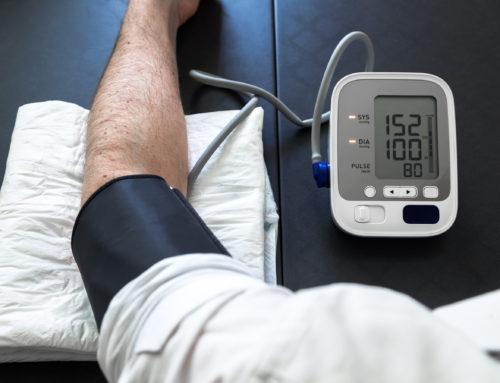Human beings are social creatures, whether we like it or not. We tend to base things strictly on the way they make us feel. It is a typical human experience to go to a restaurant and have a great experience based strictly on the wait staff. Or to absolutely love the new aerobics class at the gym because you think the teacher is wonderful, despite the fact that you hate working out. The same goes for trips to the doctor, and sometimes it has much worse outcomes than a poor review on Yelp. Malpractice cases happen regularly and far too often it is because patients did not have a good social experience with their doctor.
A 2011 study of claims data published in the New England Journal of Medicine estimated that by age 65, 75% of physicians will face a malpractice claim. This statistic does not mean that doctors should not make any effort to change bad habits because they will be sued anyway. It means that many doctors face the same issues and struggle with patients for many of the same reasons. Patients sue doctors for a wide variety of things, but the main issue typically comes down to a doctor’s approach and attitude toward a patient, or bedside manner.
Patients and family members sue physicians because there was a bad outcome of their treatment. According to many attorneys and risk management experts, it is not always the bad outcome alone that results in the malpractice case. Many of them are extremely angry due to the way that they were treated by that particular physician and feel that a lack of communication is partially responsible for the result of the treatment.
According to a study published by the University of California, a patient’s satisfaction with medical care, their compliance with treatment regimens, and the outcome of treatment tend to be substantially related to their physicians’ ability to satisfy their socio-emotional needs in the healthcare encounter. To put it simply, when doctors are nice and likable, their patients are more likely to do as they say and trust them.
It all comes down to communication, and what the healthcare industry often refers to as “rapport.” Rapport is a close relationship in which the people concerned understand each other’s feelings or ideas and communicate well. It is extremely important that each physician realizes the importance of forming relationships with patients and how it can affect their likelihood of being charged with malpractice, no matter how inconvenient it may seem.
Jan Mulligan, JD, a plaintiff’s attorney in San Diego, California and member of the American Bar Association’s standing committee on professional liability said that she frequently hears doctors complaining that they do not have the time to engage in lengthy conversations with patients. To that, her response is, “I understand, and I’m sorry, but do you know how much time it takes to go through a lawsuit?”
It can be argued that the art of bedside manner and expressing empathy should be a principle taught during medical school. The fact of the matter is that regardless of what is taught in school, the responsibility eventually falls on the individual physician and the way in which they believe their patients should be treated. This could mean that the success of a physician can come down to more than just medical skills, and also depend on personality and social skills as well.
“Our profession now needs to incorporate the teaching of clinical empathy more widely into clinical practice at all levels beginning with the selection of candidates for medical school,” wrote the authors of the Canadian Medical Association Journal. “The behavioral aspects of empathy- the empathic response-can be assessed and integrated into medical schools’ core communication skills training.”
The importance of bedside manners goes beyond just avoiding a malpractice case. Treating patients with the respect and kindness that they deserve helps protect the integrity of physicians all over the world. It is true that communication is key, regardless of the field. As far as doctors are concerned, communication could be the key to avoiding malpractice cases, improving relationships with current patients, and gaining new patients based on positive reviews. Bedside manners just may be the golden ticket to success in a world lacking sincere empathy.




























